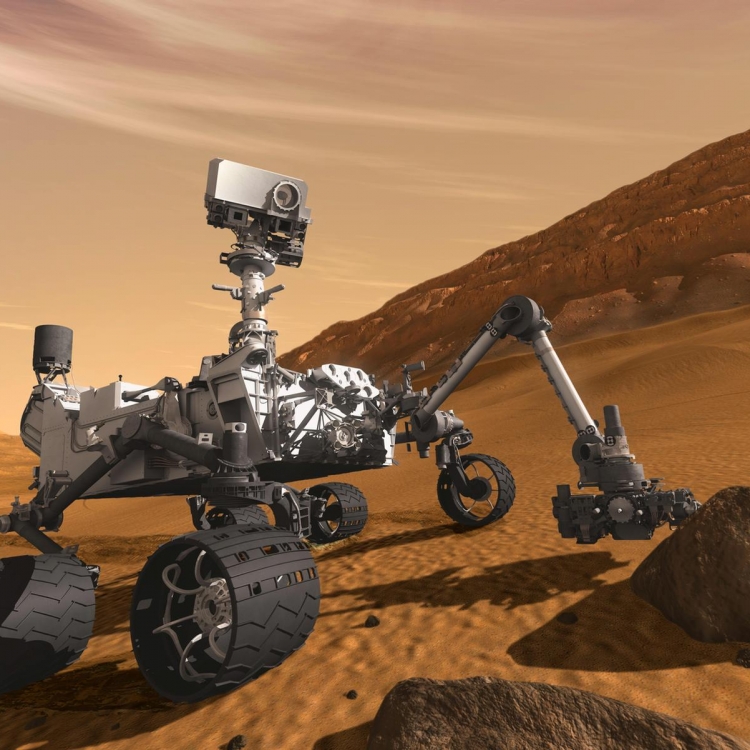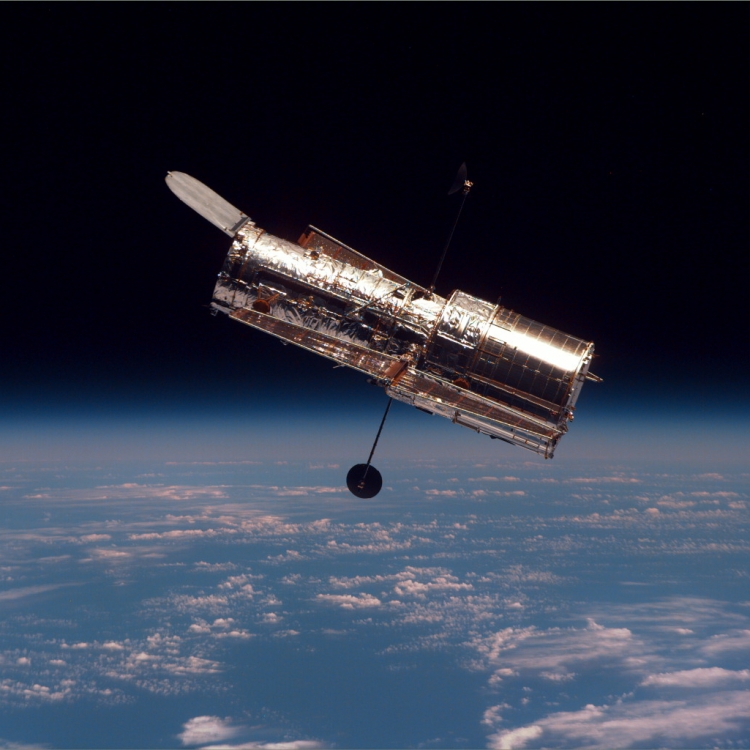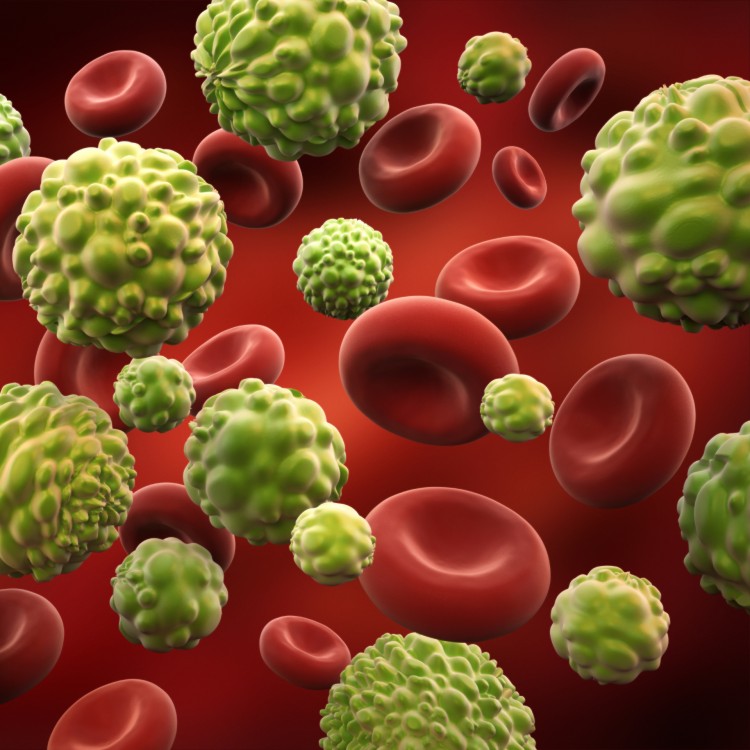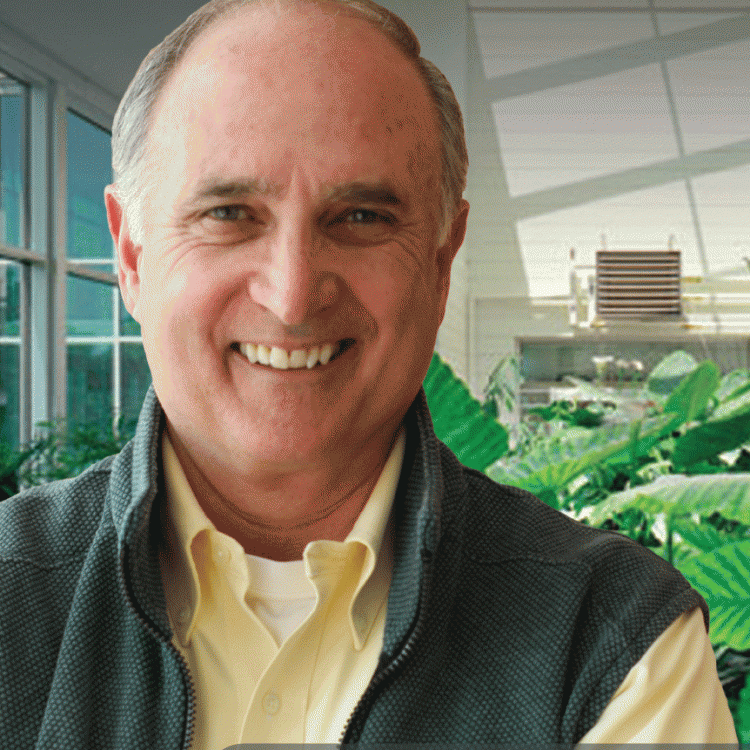Talk Archives

Now You See Me, Now You Don’t: Colorful Strategies for Surviving in Nature
Animals often display fascinating colors to help show or hide themselves. Dr. Molly Cummings examines the visual mechanisms animals use to avoid being eaten or to advertise for mates. Dr. Cummings provides vivid examples from creatures in the ocean and the jungle.

Curiosity’s First Year of Exploration on Mars
NASA’s third Mars rover “Curiosity” is an extraordinary machine that carries the biggest, most advanced suite of instruments for scientific studies ever sent to the Martian surface. Dr. John Grotzinger, lead scientist for Curiosity’s mission, shares discoveries about Mars’ past climate and geology.

Human Mating Strategies
What are the motivations behind mating desires in men and women? To understand many differences and conflicts between the sexes, we must look into our evolutionary past. Dr. David Buss presents a unified theory of human mating strategy using insights from a global study of human mating behavior.

Diagnosing Ourselves: Take Two Assays and Don’t Call Me in the Morning
Our ability to monitor and maintain our health largely relies on interactions with the medical community. Dr. Andy Ellington discusses exciting advances in low-cost, personalized diagnostics and the promise of creating virtual clinical trials through social networks to improve healthcare on a global scale.

Space Telescopes as Time Machines: Hubble’s Legacy and the Future through James Webb Space Telescope
Dr. Jason Kalirai provides an overview of the stunning discoveries that the Hubble telescope yielded, and outline how the James Webb telescope will build on those discoveries by peering deeper than ever into our universe’s past to help us better understand how stars and planets formed.

Environmental Justice: Progress Towards Sustainability
Hurricane Katrina provided a startling reminder that environmental health threats such as pollution and climate change disproportionately affect historically disadvantaged communities in our society. Dr. Bullard will present an insightful account of events, individuals, and organizations that have shaped the environmental justice movement over the past two decades.

Hurricanes in the Gulf of Mexico: The History and Future of the Texas Coast
The Gulf of Mexico has seen some of the most destructive hurricanes on record. What can residents in the Gulf region expect future storms to be like? Dr. Emanuel shares his groundbreaking research on how climate change can affect hurricane activity and discuss its implications for the Gulf region.

The War on Cancer: 41 Years After Nixon’s Declaration
In 1971, U.S. President Richard Nixon declared war on cancer by signing the National Cancer Act. How has our understanding, awareness, and treatment of cancer progressed over the years? Dr. Clanton provides perspectives and insights on this war that most people never hear about despite seeing cancer’s causes, effects, and prevalence across all segments of society.

Last Call at the Oasis: Will There Be Enough Water for the 21st Century?
Without water, life cannot exist. Yet, our most precious resource faces major threats which are pushing it to the brink of depletion in many regions. Dr. Jay Famiglietti explores how climate change and population growth affect the way water is replenished.

Black Swans & the U.S. Future: Building Sustainable & Resilient Societies
‘Black Swans’ are infrequent and unpredictable events that can drive change in both human and natural systems. What qualities make societies resilient and sustainable in the face of environmental Black Swans? How can we prepare for, absorb, and recover from the unpredictable disruptions from climate-related ecological change?